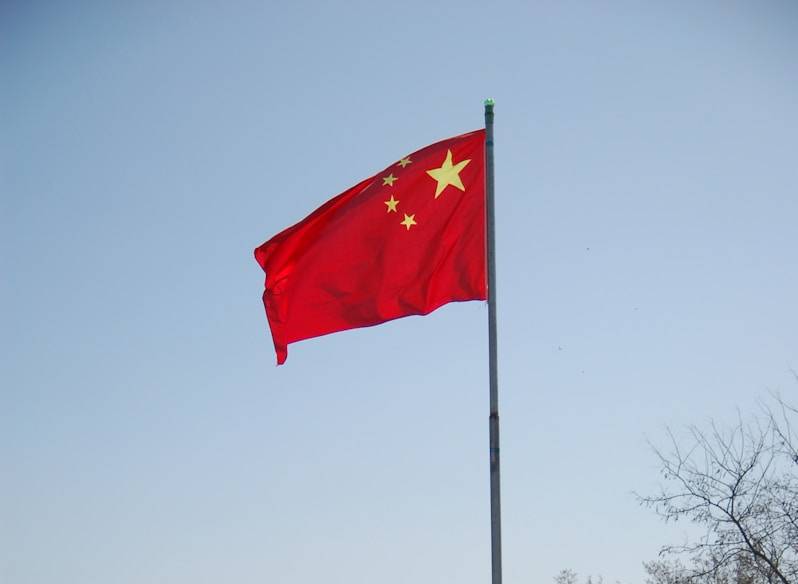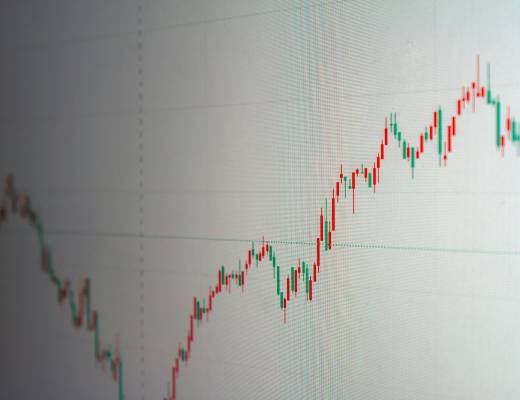Former President Donald Trump’s approach to business negotiations and economic policy shows striking similarities to tactics employed by the Chinese government, according to policy experts and economic analysts.
The parallels between Trump’s business methods and China’s economic playbook have become increasingly apparent through his public statements, past business practices, and policy decisions during his presidency. This connection offers insight into his potential future economic strategies should he return to office.
Transactional Diplomacy
Trump’s “America First” approach to international relations closely resembles China’s self-interested economic strategy. Both prioritize bilateral deals over multilateral agreements, focusing on extracting maximum concessions from trading partners.
“Trump views international relations as business transactions where there must be clear winners and losers,” said Dr. Eleanor Simmons, professor of international economics at Georgetown University. This mirrors how China approaches trade relationships, particularly with developing nations.
During his presidency, Trump withdrew from the Trans-Pacific Partnership and renegotiated NAFTA into the USMCA, preferring direct country-to-country negotiations where he believed the U.S. could leverage its economic power more effectively.
Protectionist Policies
Both Trump and Chinese leadership have embraced protectionist measures to shield domestic industries. Trump’s implementation of tariffs on steel, aluminum, and various Chinese goods parallels China’s long-standing practice of protecting its developing industries from foreign competition.
The former president imposed tariffs on approximately $360 billion worth of Chinese imports during his term. Similarly, China has maintained high tariffs on foreign automobiles and strict regulations on foreign businesses operating within its borders.
“Trump’s use of tariffs as both negotiating tools and protective measures for American manufacturing follows the Chinese model of economic nationalism,” noted Robert Chen, senior fellow at the Peterson Institute for International Economics.
State Intervention
While Trump has positioned himself as a free-market advocate, his administration showed willingness to intervene in the economy in ways reminiscent of China’s state capitalism. His calls for the Federal Reserve to lower interest rates and his direct involvement with companies like TikTok reflect a hands-on approach to economic management.
China’s economic model features significant government intervention, with state-owned enterprises playing major roles in key industries. Trump’s threats to withhold government contracts from companies that outsource jobs and his public pressure on specific businesses to change practices show similar tendencies toward state direction of economic activity.
Relationship-Based Negotiations
Trump’s emphasis on personal relationships with world leaders mirrors the Chinese approach to business and diplomacy. His meetings with North Korea’s Kim Jong Un and his reported admiration for strong leaders reflect the Chinese preference for relationship-based negotiations.
In Chinese business culture, personal connections (guanxi) are fundamental to successful deals. Trump similarly emphasized his personal rapport with leaders like Xi Jinping as central to his negotiating strategy.
Economic historian Dr. James Wilson explains: “Trump believes in the power of personal relationships to overcome institutional obstacles, which is a cornerstone of Chinese business culture. His frequent references to his ‘friendship’ with Xi during trade negotiations demonstrates this approach.”
Critics argue this approach undermines institutional frameworks that have traditionally guided U.S. foreign policy, while supporters contend it allows for more direct and effective negotiations.
As the United States continues to navigate its complex economic relationship with China, the similarities between Trump’s business methods and Chinese economic strategies provide a framework for understanding potential future U.S. economic policies should Trump return to office. These parallels also highlight the growing convergence of certain economic approaches despite the two nations’ different political systems.







